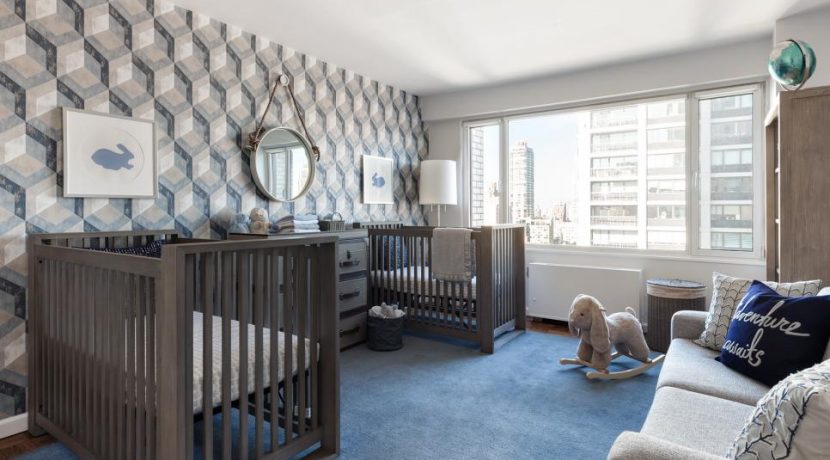The process of buying a house in Dubai normally takes two to ten weeks, depending primarily on whether there are mortgages involved on either the purchaser or the seller. The fastest route, of course, is a full cash transaction. The transaction costs for buying property are in the range of 3 per cent (for low-value property with no brokers) to 7.5 per cent (brokers and full suite of advisors with property value over Dh500,000) of the actual price, excluding mortgage-related charges and interest rates.
For those who are wary of the process, a combination of an agent and a conveyancer would cover most of the bases and guide the purchaser.
If you’re a seller
As a seller, there are relatively very few steps that need to be completed independent of the purchaser:
Appoint an agent (optional) and ensure the contract between the seller and the agent includes an end date to its validity in case the property is not sold.
• Gather all the papers required for the transfer: passport, emirates ID, title deed.
• Appoint an agent (optional) and ensure the contract between the seller and the agent includes an end date to its validity in case the property is not sold.
• If the seller has a mortgage on the property, contact the bank to understand the process of closing out the mortgage. The actual process will only commence once the sale is finalised with a potential purchaser, but every bank has slightly different procedures.
• Clear all dues to the developer, such as service, utility and maintenance fees.
If you’re a purchaser
As a purchaser, there are a few steps to be done even before you have chosen a house.
• Gather all the papers required for the transfer: passport, emirates ID, residence visa copy, photos.
• If a mortgage is required, get bank pre-approval for the loan. Typically, this will take one to two weeks depending on the completeness of the paperwork submitted to the bank. Each bank may have a different set of requirements based on the profession of the purchaser or whether the borrower works in the private sector, public sector or is self-employed. This process has fees associated with it, while a pre-approval is only valid for around 45-60 days. Minimum documents at this stage would be passport, visa, emirates ID, six-month bank statement, six-month credit card statement, payslips (as applicable) or letter of incorporation and company accounts covering the last 6 months, salary certificates stating all allowances and the application form along with the requisite fees. The pre-approval will outline the general terms of the mortgage, but the final terms of the mortgage will depend on the actual property purchased.
• After a property is finalised, a memorandum of understanding (MOU) is signed between the purchaser and seller. The MOU format is standard and can be downloaded from the Dubai Land Department (DLD) website. However, the addendum may include clauses and other terms, including how the money will be transferred.
The Registration Trustee will require a security cheque for 10 per cent of the sale value, which is returned when the property transfer has been concluded. The cheque will only be cashed if the purchaser changes plans on buying the property.
• The MOU is registered with the DLD at any authorised Registration Trustee office. The purchaser, seller and agents have to be present at the Registration Trustee office. The MOU represents a sort of “finality” to the decision of buying, but not the actual purchase. The Registration Trustee will require a security cheque for 10 per cent of the sale value, which is returned when the property transfer has been concluded. The cheque will only be cashed if the purchaser changes plans on buying the property. In certain circumstances when a force majeure is declared, the purchaser and seller may mutually agree on a “penalty” value that is lower than the security cheque. However, this is not the norm.
•The Registration Trustee then sends the details to the DLD for clearance, which is normally obtained within one to two hours. This procedure has fees associated with it.
•The next two steps can be completed at the same time: getting the final approval if taking a mortgage and getting a no-objection-certificate (NOC) from the developer, certifying that all dues have been cleared. The NOC typically takes one to five days. Various developers may require the presence of the purchaser, who will hand over a security cheque covering service and maintenance fees for one year. The developer will also charge fees for issuing an NOC.
•The bank normally takes one to three weeks to issue a final offer letter. If the terms of the bank are not favourable, the purchaser has the option to decline the loan and look for another bank.
• The seller’s bank generates the liability letter (it takes three to five days) and the purchaser’s bank will clear the liability.
• The final step is to book a transfer. For cash transactions, money is paid by cheque or bank transfer at the Registration Trustee. The entire amount has to be paid at this point, including all fees for issuance of title deed.
There are slight variations to the process if the property is off-plan, in which case the developer does most of the legwork and the funds are paid into an escrow held with the DLD, or if it’s a freehold land available only to UAE nationals.
Also important in the entire process is for the property buyer to write a will, which will dictate how the property is managed should anything unfortunate happen to the owner of the property.
All rights reserved to the initial publisher for Gulf News
Collected and published by Arms &McGregor International Realty® editorial team. Get in touch with us at marketing@armsmcgregor.com

